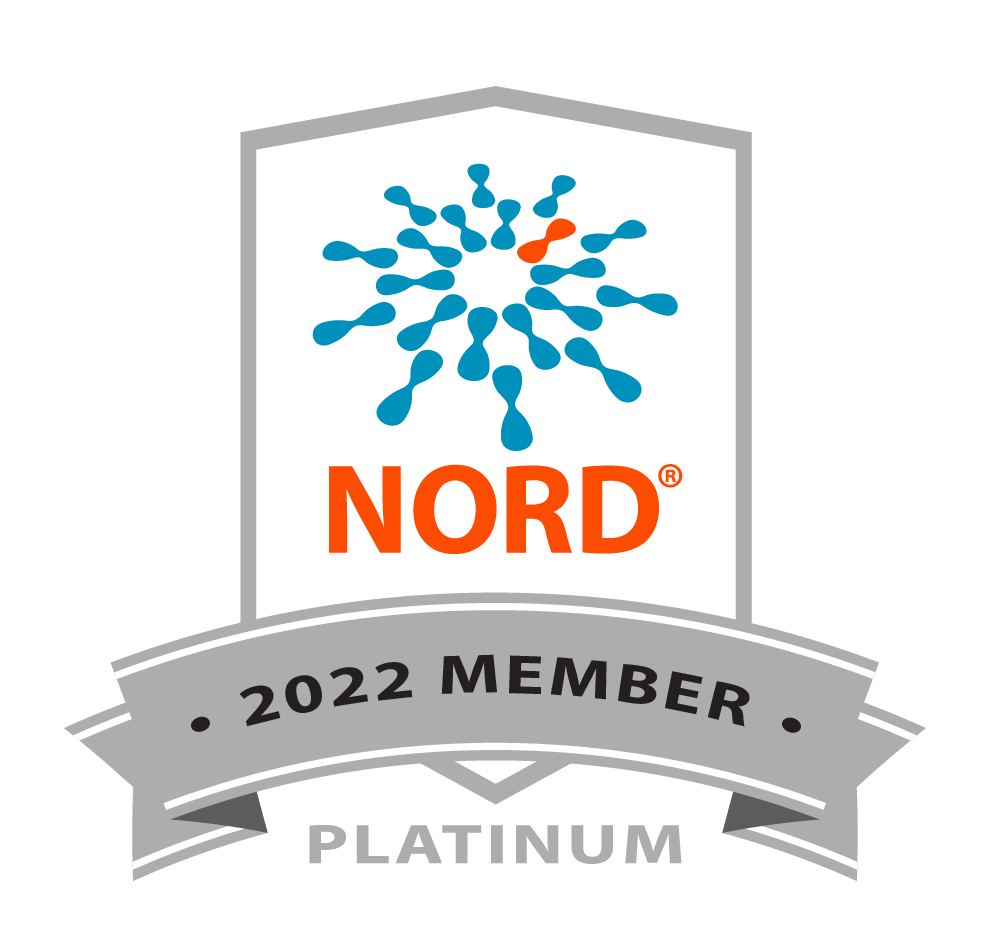Emergence of Omicron
CDC has been collaborating with global public health and industry partners to learn about Omicron, as we continue to monitor its course. CDC has been using genomic surveillance throughout the course of the pandemic to track variants of SARS-CoV-2, the virus that causes COVID-19, and inform public health practice. We know that this new variant is quite contagious, but the severity of illness it causes or how well available vaccines and medications work against it is still under study. At the time of this update, initial evidence suggests that the mRNA vaccines with a booster provide protection against Omicron while other vaccines appear to provide more limited protection.
Despite the increased attention of Omicron, Delta continues to be the main variant circulating in the United States.
We have the Tools to Fight Omicron
Vaccines remain the best public health measure to protect people from COVID-19, slow transmission, and reduce the likelihood of new variants emerging. COVID-19 vaccines are highly effective at preventing severe illness, hospitalizations, and death. Scientists are currently investigating Omicron, including how protected fully vaccinated people will be against infection, hospitalization, and death. CDC recommends that everyone 5 years and older protect themselves from COVID-19 by getting fully vaccinated. CDC recommends that everyone ages 18 years and older should get a booster shot at least two months after their initial J&J/Janssen vaccine or six months after completing their primary COVID-19 vaccination series of Pfizer-BioNTech or Moderna. Many in public health have suggested that the term “fully vaccinated” be considered to mean receiving both the initial vaccination series plus a booster.
Masks offer protection against all variants. CDC continues to recommend wearing a mask in public indoor settings in areas of substantial or high community transmission, regardless of vaccination status. CDC provides advice about masks for people who want to learn more about what type of mask is right for them depending on their circumstances.
Tests can tell you if you are currently infected with COVID-19. Two types of tests are used to test for current infection: nucleic acid amplification tests (NAATs) and antigen tests. NAAT and antigen tests can only tell you if you have a current infection. Individuals can use the COVID-19 Viral Testing Tool to help determine what kind of test to seek. Additional tests would be needed to determine if your infection was caused by Omicron. Visit your state, tribal, local, or territorial health department’s website to look for the latest local information on testing.
Self-tests can be used at home or anywhere, are easy to use, and produce rapid results. If your self-test has a positive result, stay home or isolate for 10 days, wear a mask if you have contact with others, and call your healthcare provider. If you have any questions about your self-test result, call your healthcare provider or public health department.
Until we know more about the risk of Omicron, it is important to use all tools available to protect yourself and others.
To view the full COVID-19 guidance and recommendations for Alphas, please click here.











